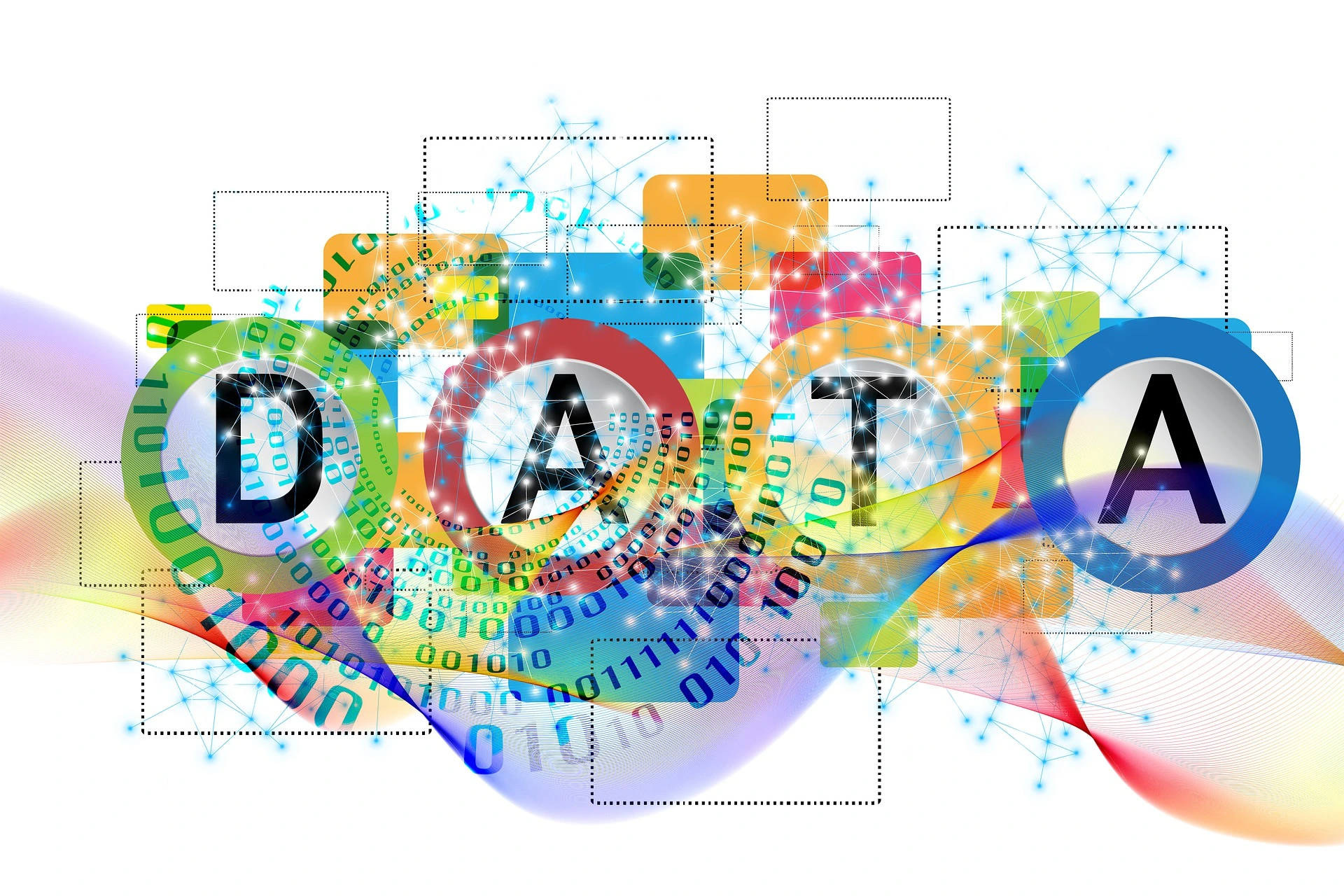Data validation is one of the most critical processes in any data engineering project. It’s about ensuring that the data you’re working with is correct, complete, and accurate. Without thorough validation, businesses risk making decisions based on flawed data, which can lead to costly mistakes.
But what happens when data volumes explode and manual validation methods can’t keep up? That’s where Automation and AI come into play, dramatically increasing efficiency, accuracy, and scalability.
The Automation Advantage
Manual data validation is time-consuming, prone to human error, and often inefficient. To overcome this, businesses are turning to AI-driven tools and automated processes that can verify, check, and validate data with unprecedented speed and accuracy.
For example, when businesses need to validate data across multiple systems and formats, automation tools can handle this task much more effectively than manual checks. This frees up valuable human resources and ensures a much higher level of accuracy.
Example Impact: An automation tool was used to validate data across multiple projects, reducing manual effort and speeding up testing time, resulting in zero defects during production and smooth integration.
The Benefits of AI in Data Validation
1. Higher Accuracy: AI can detect patterns and inconsistencies that are often missed by manual validation.
2. Faster Processing: Automation speeds up the validation process, reducing bottlenecks in data processing pipelines.
3. Scalability: As businesses scale, automated data validation processes can easily handle increased data volumes without sacrificing quality.
Conclusion
Incorporating AI and automation into data validation workflows not only improves efficiency but also reduces the risk of errors, allowing businesses to make more confident, data-driven decisions.
Reach Out:
Interested in learning how automation and AI can enhance your data validation processes? Let’s discuss how these technologies can help your business stay ahead.





